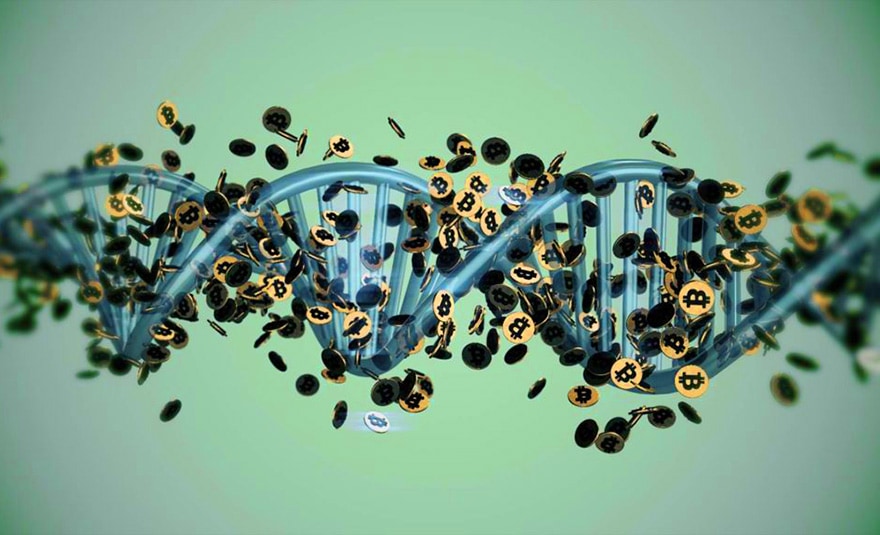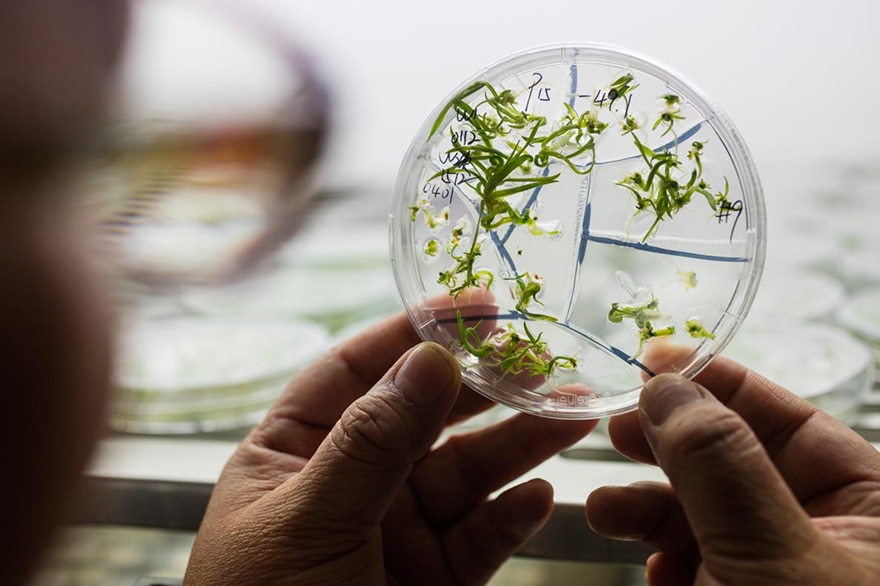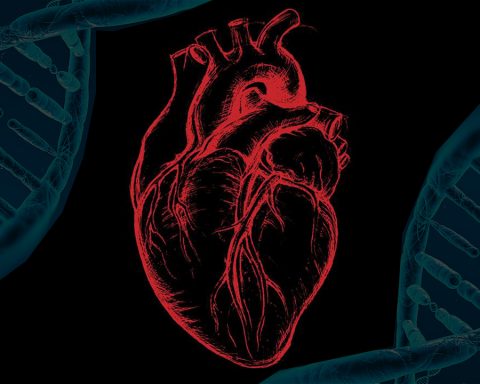The Google genome
Don't let the train of fortune pass you by

Anything to add? Say it as a comment.

Anything to add? Say it as a comment.



Already registered? I'm connecting
Register and read three articles for free. Subscribe to our newsletter to keep up to date with the latest news.
→ Register for free to continue reading.

You have received 3 free articles to discover UP'.






[…] nouveau-né. Le professeur Georges Church, un des pères du séquençage du génome, veut combiner la technologie blockchain à des codes ADN afin de rémunérer les propriétaires des données génétiques en cryptomonnaie. Commercialiser […]